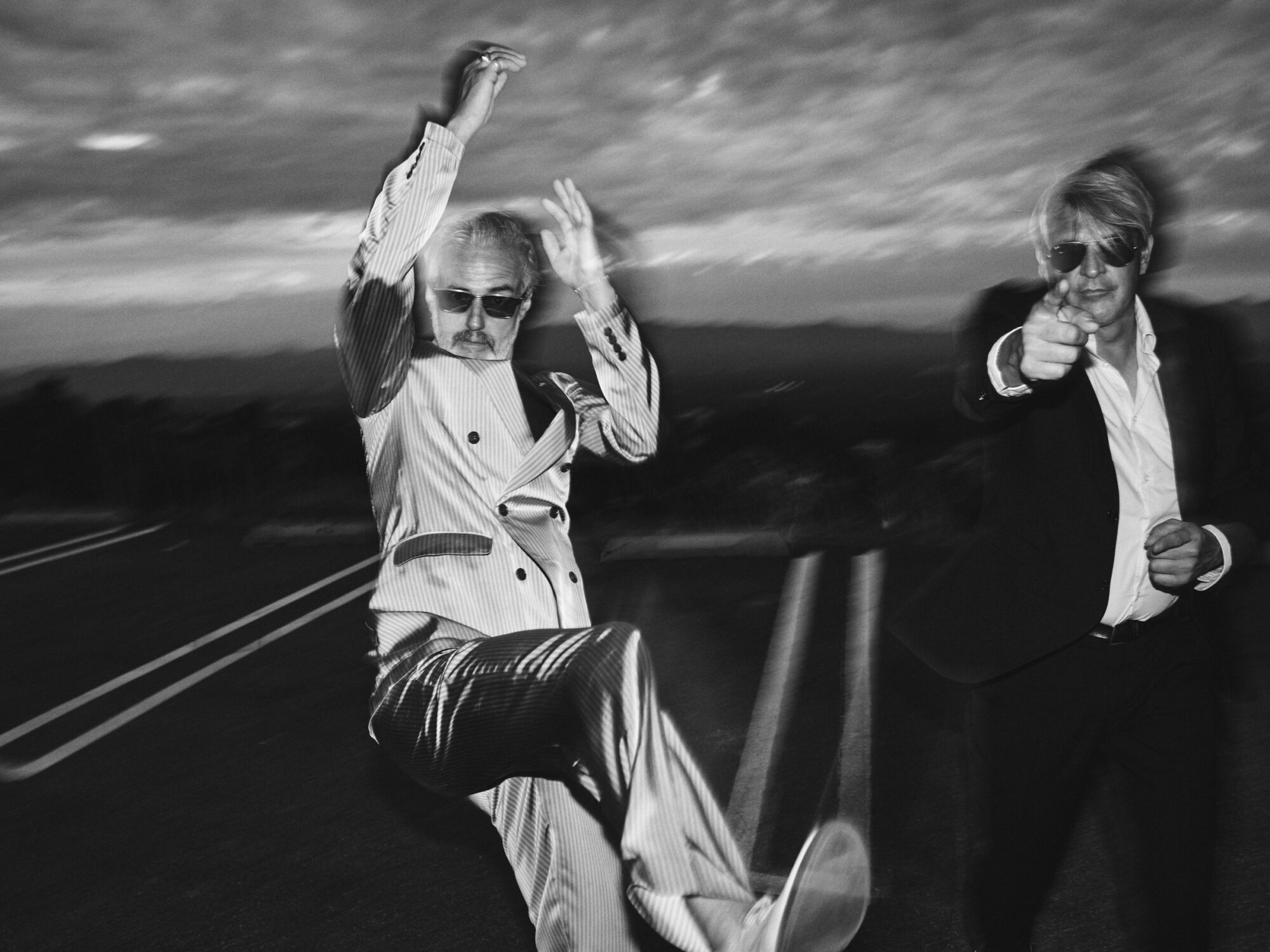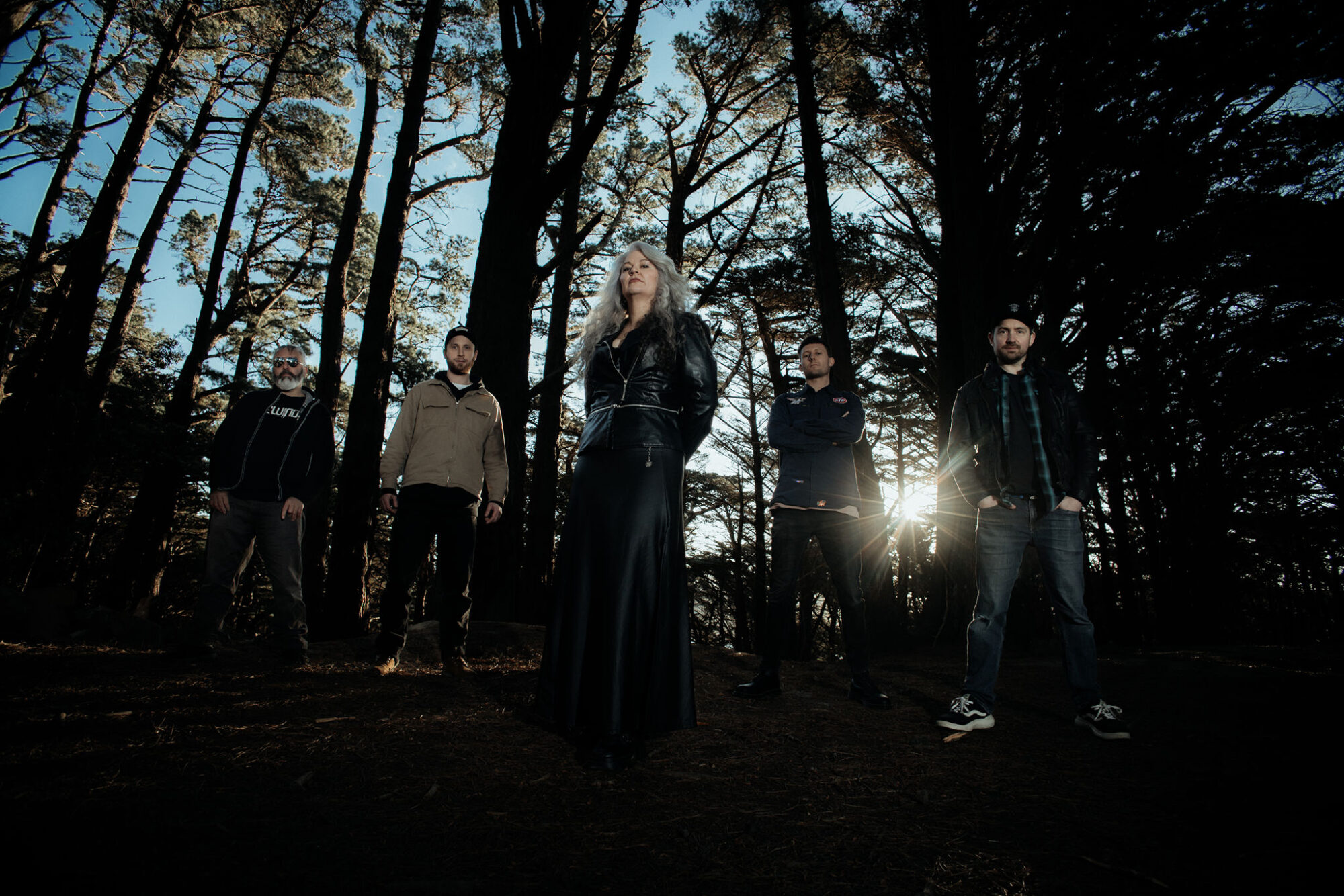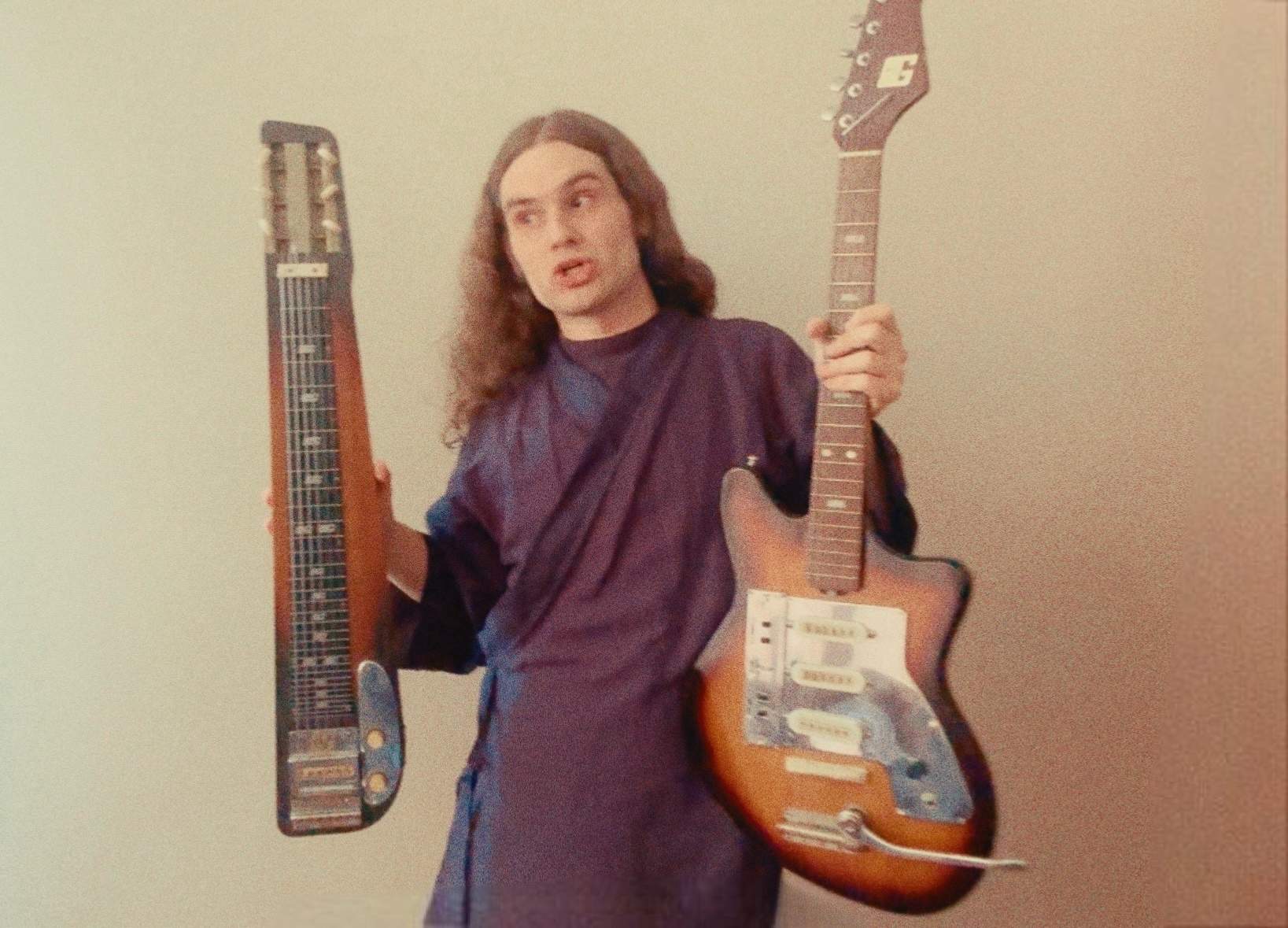Waniyetula interview
Waniyetula were a progressive rock band from Oberursel near Frankfort on Main. The project was surrounding the works of Edgar Allan Poe.
Where and when did you grow up? Was music a big part of your family life?
Heinz Kühne: I grew up with my grandparents in a little village in a German low mountain region, called Harz. My grandfather was a seaman, when he was a young man and in my first years I grew up with a lot of shanties and sailors songs my grandfather used to sing and listen to. When I was seven, we moved to Frankfurt/Main. My uncle was a professional singer at the opera and my dad played the violin, though he was handicapped by the fact that two of his fingers were badly hurt during wartime. My sister learned to play the piano at the academy of music in Frankfurt and with her I started to play piano too.
When did you begin playing music? What was your first instrument? Who were your major influences?
When I was twelve I got my first guitar. It was an acoustic traditional Spanish guitar and I really enjoyed playing it. In those days in Germany there was only one radio show which presents the
international hit parade and the music of young people. So 60 minutes every Thursday evening I had the chance to listen to the Beatles, the Stones, the Who and all the other great bands of that time. I literally absorbed that sound and then I tried to play what I had just heard. Later I got my own little radio and could listen to Radio Luxemburg on AM.
What bands were you a member of prior to the formation of Waniyetula? The Empty C was probably your first band? You released a single in 1969?
First bands have been school bands. Already with class mate Tommy Goerdten, who later was our drummer for years, and some other guys in changing line ups. One of these first bands was Empty C but we already had Waniyetula in mind. With my childhood’s friend, Hermann Beckert, who became the bass player of the band, we used to pick strawberries and gather spinach in a farm nearby to earn money for our first real amplifier.
Can you elaborate the formation of Waniyetula?
Waniyetula started as a cover band, like nearly every young band at that time. From 1969-71 there was Heinz Kühne (g), Herrmann Beckert (b), Thomas Goerdten (dr) and Peter Voss (voc), who left the band 1971. Norbert Abels (keys), ex Tortilla Flat and Richard Kersten (voc, g) joined. First original compositions by the members of the band had been realized and some demo tapes were recorded. In 1974 Thomas Goerdten leaves and was replaced by Viktor Bergmann. With that line up the LP ‘Natures Clear Well’ was produced in 1975. 1976 Richard Kersten quit and with Michael Koch (voc, g), ex Tortilla Flat and Geronimo (aka Jeronimo), Waniyetula planned the restart. Later the line up of the band changed very often, names and dates etc. are easy to find on our Waniyetula website.
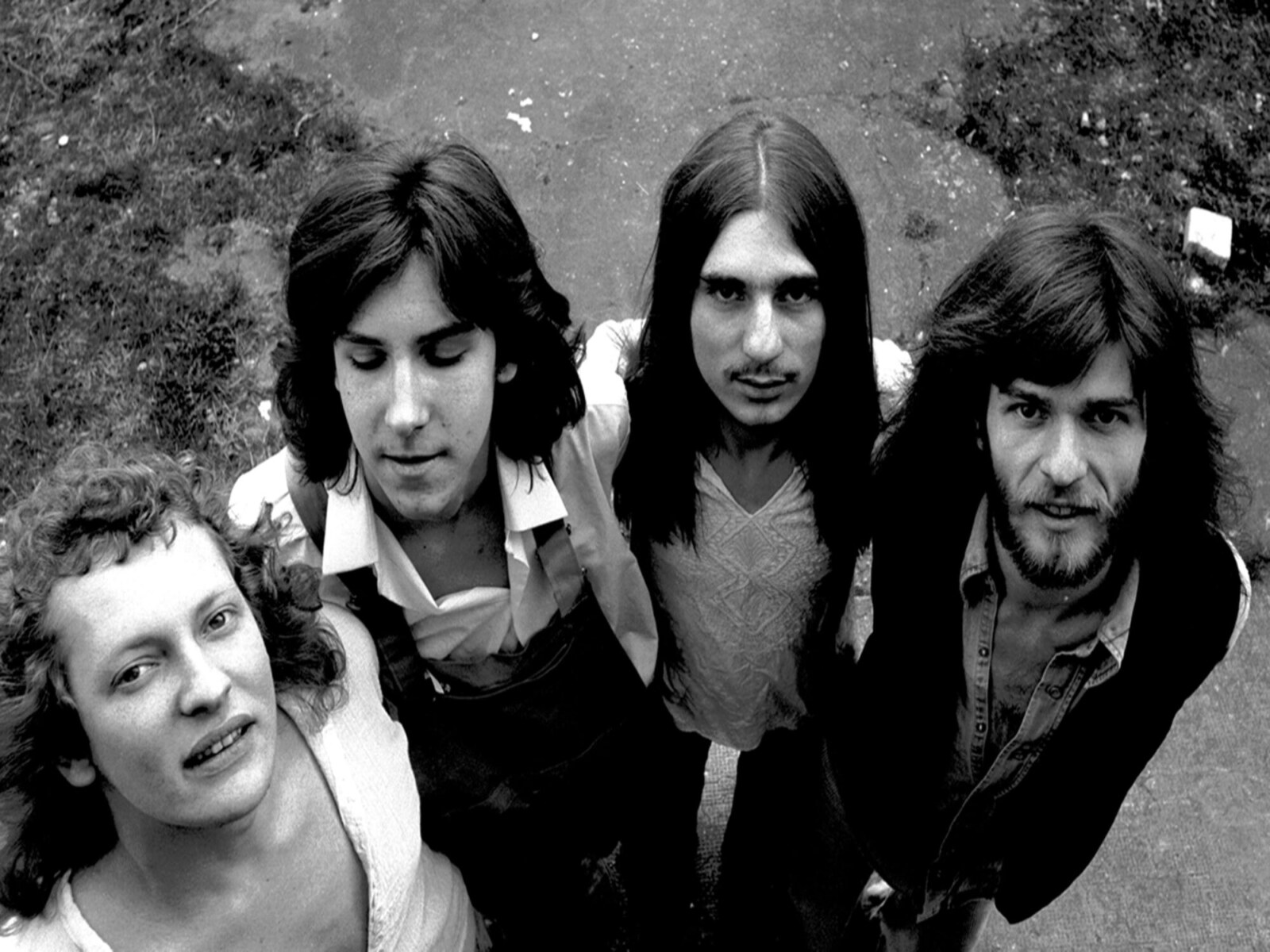
What sort of venues did Waniyetula play early on? Where were they located?
In the beginning the band played at private and school parties and at some big parties of several universities in the area (e.g. “Quartier Latin” a very famous and extremely popular annual three days carnival event of the Frankfurt Goethe University). Later in very well-known Clubs in and around Frankfurt like the Kings Club, Sinkkasten, Zoom, Speakeasy, Fillwood, and some others. Besides that the band often played at smaller and some big festivals.
How did you decide to use the name “Waniyetula”?
We wanted to have a spectacular name, to be different from all the other bands around, so that the people definitely should keep it in mind. One day, Herrmann, our bass player, proposed it, and it sounds like the name of an american indian chief. For the Sioux tribe in the american prairie it is the name of a god of winds, Herrmann explained, and he had read that in a novel by Karl May, who is one of the most famous German writers of adventure youth novels in the 19th and early 20th century. From the very beginning, we loved that name, not expecting the problems we later would have with it.
What influenced the band’s sound?
The sound of Waniyetula was first influenced by Jimi Hendrix, The Taste, Cream, Led Zeppelin, some British Blues Bands etc. later mainly by Jethro Tull, Deep Purple, Genesis, Yes, King Crimson, Gentle Giant or Pink Floyd.
What can you tell us about the early recordings that were issued in 2006 by Garden of Delights as Iron City? Please share your re-collections of the sessions. What were the influences and inspirations for the songs recorded?
Those were pure Demo Tapes. First of all we wanted to save the ideas and the songs we had developed with Norbert and Richard. In our rehearsal cellar at “Speakers Corner”, a youth club in Oberursel near Frankfurt, we could use two rooms. In one the band played live and in the other we could record it with two Revox Tape Recording machines and a very professional mixing console. With that equipment we could record our material exactly like the Beatles did it in their early days. The Band played live without the vocals and was recorded in stereo on one of those Revox machines. Then it was, including the vocals, dubbed on the second Revox machine and then back again to the first one, including more vocals, second voice singing, solo parts of the guitars and so on. To use an acoustic guitar, the dynamics of loud and very quiet parts in the music, or the 3/4 time signature are surely influenced by Jethro Tull. And improvisations always played an important role in our music, even if it does not sound like that. During every rehearsal we used to “warm up”, which means we improvised for a while and some of these improvisations later became part of our compositions.
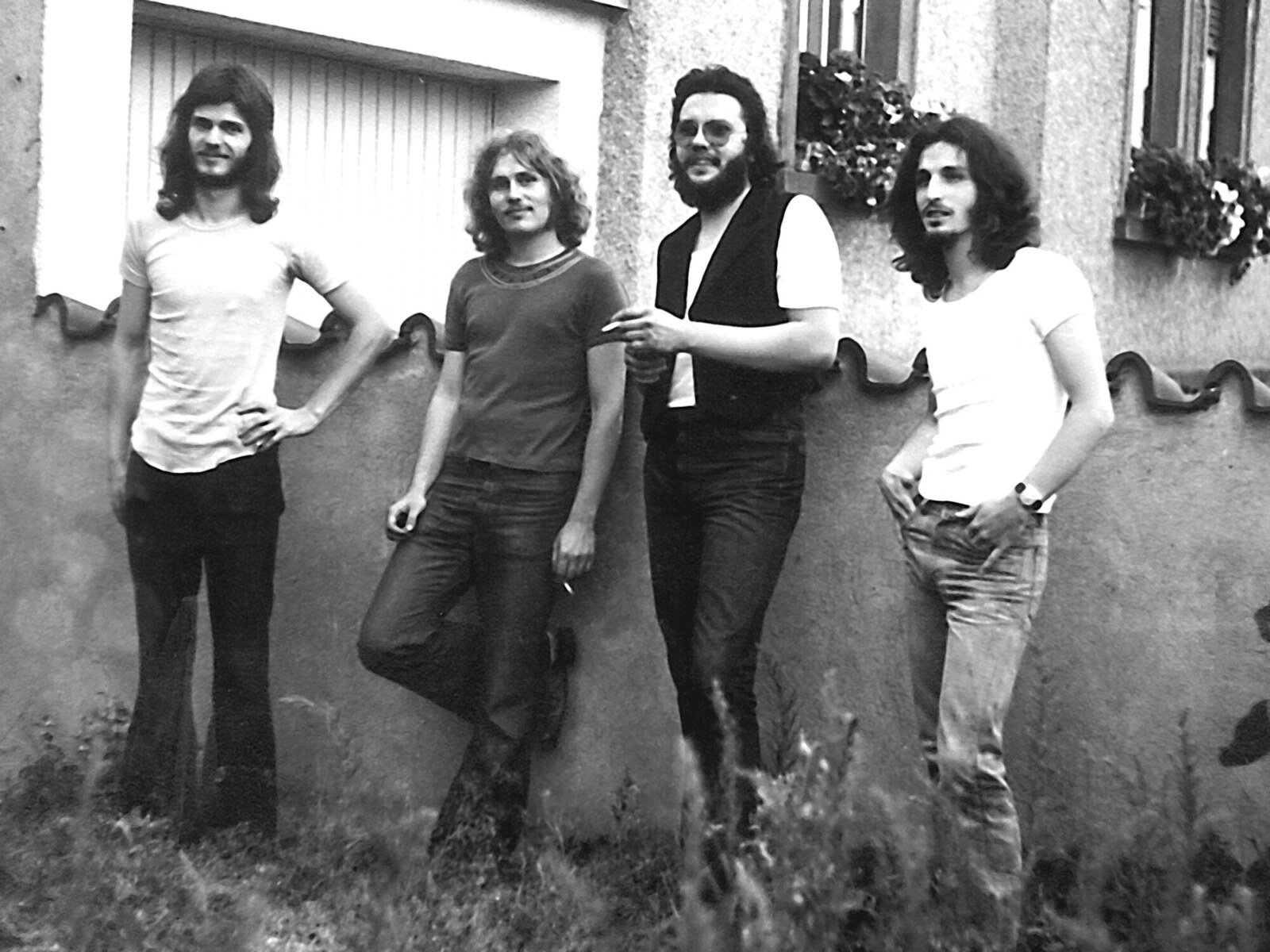
Was there a plan to release these recordings in the seventies?
No, there was no intention to release them. It was only a kind of an acoustic summary of eight weeks of hard work. We wanted to find out how the sound of an acoustic guitar could fit into the overall sound of the band. When Walther of Garden of Delights, who had already published ‘Dream Within a Dream’ on CD, asked if there is more unpublished material, I remembered the demos. He liked them and published the material.
You changed your name to Galaxy and signed with Venus Records. ‘Nature’s Clear Well’ was released in 1978. What’s the story behind it?
That was one of the problems concerning the band’s name I mentioned before. When Dieter Dierks, our producer, found out that it would be very promising to publish our music in the US, he or the American record company decided to change the name to Galaxy. Maybe because of the indian connotation of the name or because they supposed that the Americans could not pronounce it, we do not know, they don’t even ask us to do so. Our protests have been very heavy, and in the end Dierks promised that the German release would definitely be under the name Waniyetula. But he did not keep his promise, and we had a lot of trouble with that decision afterwards. Nobody here has ever heard about Galaxy and to promote the LP under the name Waniyetula, would not be possible either. Nobody would understand that.
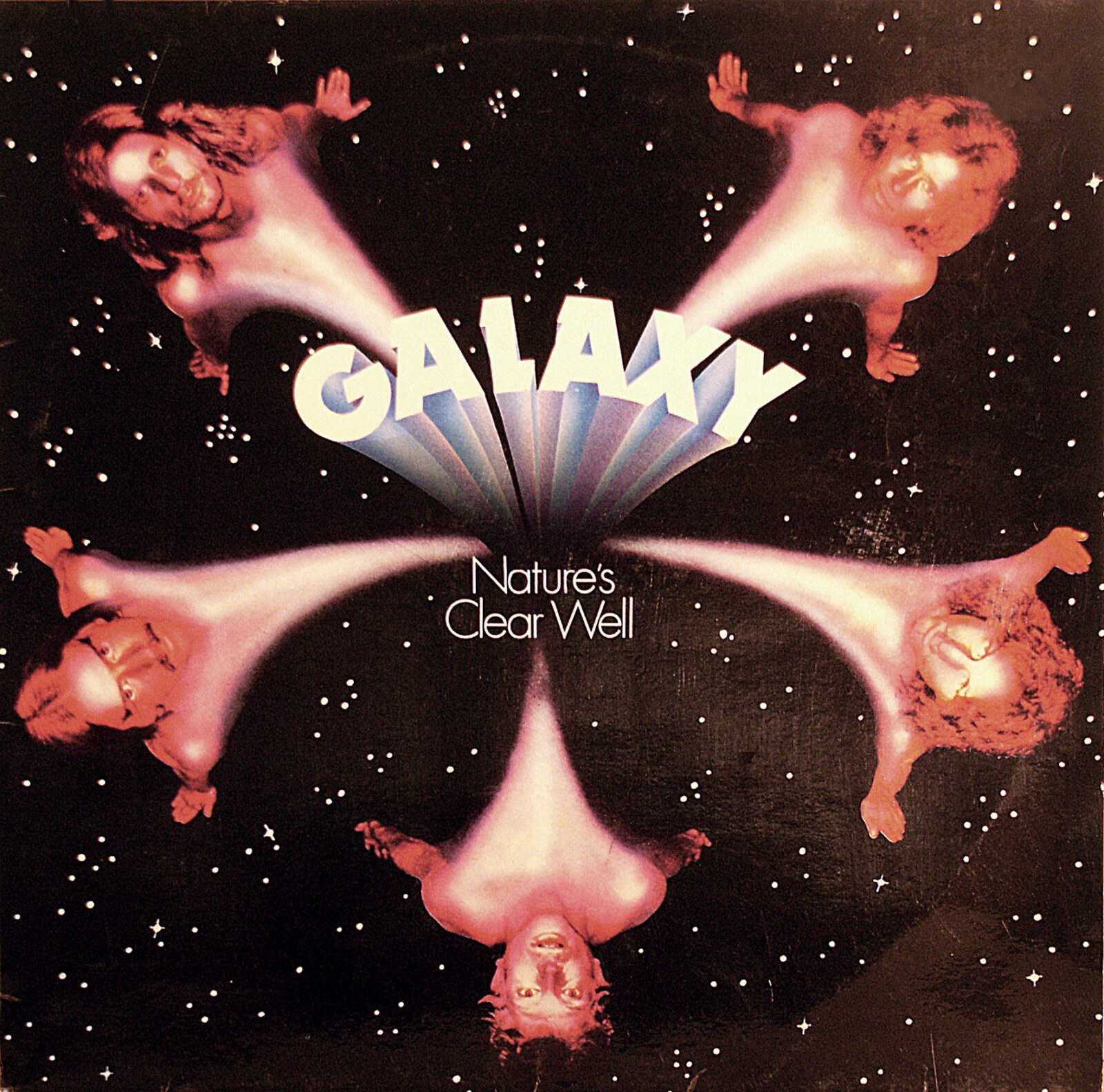
In 1983 you released ‘A Dream Within a Dream’ as Waniyetula. Your sound changes quite a bit.
First ideas and some of the compositions for ‘Dream Within a Dream’ are from 1975. Later several different bandmembers worked with the material to develop it, and finally we recorded it in 1982, which means that the music which influenced ideas and sounds of the record had changed a lot in that period of time. And so for me the production had lost in that process until 1982, some parts of the record were played a little too fast and so their specific atmosphere disappeared because of that. And another thing is, that we wanted to honor all the different contribution of the musicians who took part in the record over the years, not forgetting that there was no producer like Dieter Dierks anymore, who gave the first production its formal character by using choirs and special technical effects.
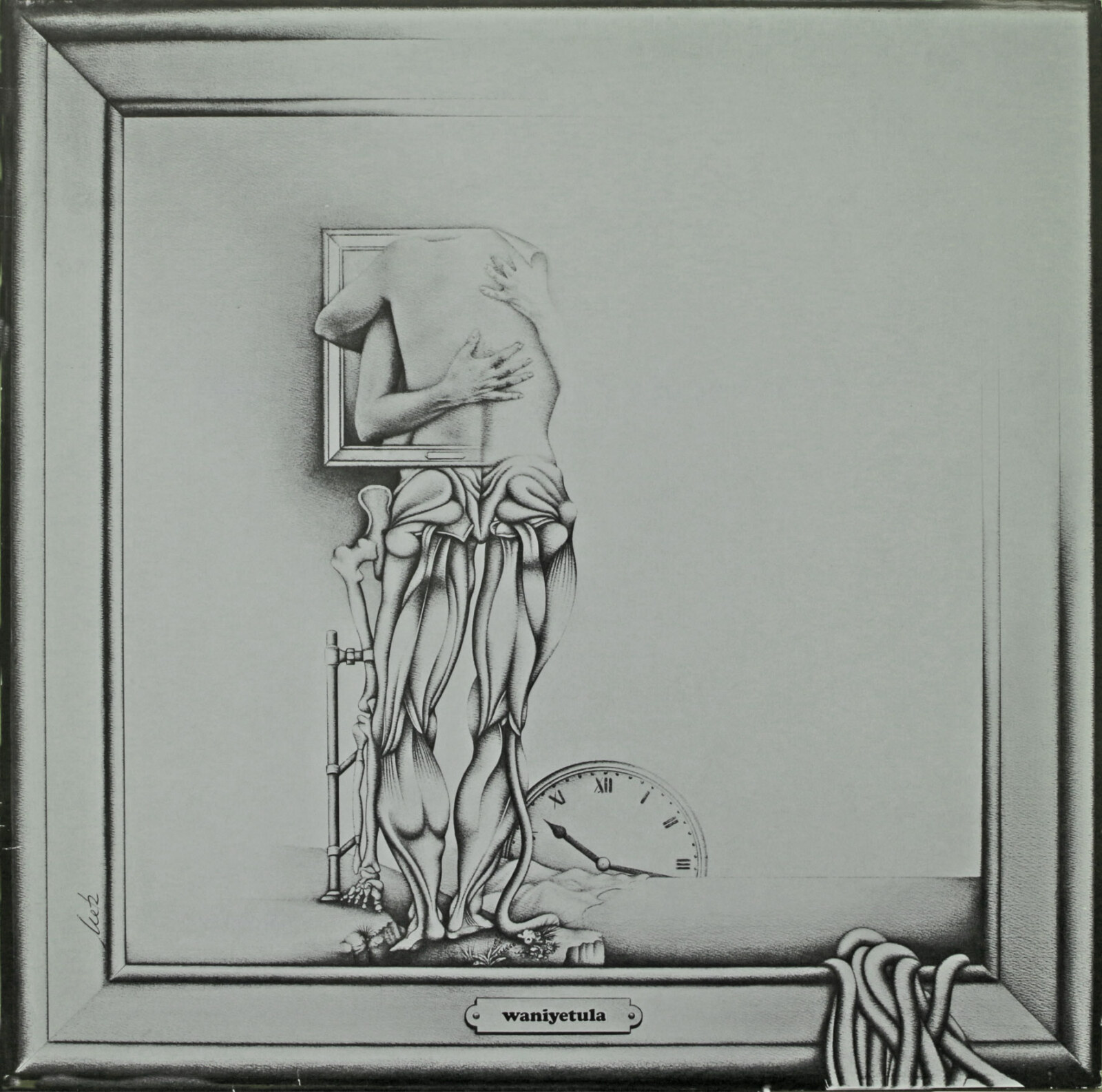
Did the band tour to support the LP?
No, not really. We had no management at that time. After finishing the record we played a couple of gigs, just about 10 – 15. Honestly, you could not call that effective and promising promotion.
“There was the plan to produce a theme album devoted to, and featuring the poems of Edgar Allan Poe.”
Was there a certain concept behind the album?
When we finished the recording sessions for ‘Nature’s Clear Well’ in 1975, we were extremely euphoric and had a lot of creative ideas. There was the plan to produce a theme album devoted to, and featuring the poems of Edgar Allan Poe. Five songs with Poe’s lyrics were ready and we had fixed some dates in his studio with Dieter Dierks to record first demos. One day Dieter called me, and said, Heinz, you know, I bought a record today, and I said, well, that is quite nice for you, and he answered, but not for you, because someone must have had the same idea and had been faster releasing it. The record was Alan Parsons’ ‘Tales of Mystery and Imaginations’, music to the poems of Edgar Allan Poe. That album was extremely successful, so we quit the idea. To produce a “me too” album wasn’t worth the work, in our opinion. But anyway, we kept on using lyrics and poems of “classical” authors.
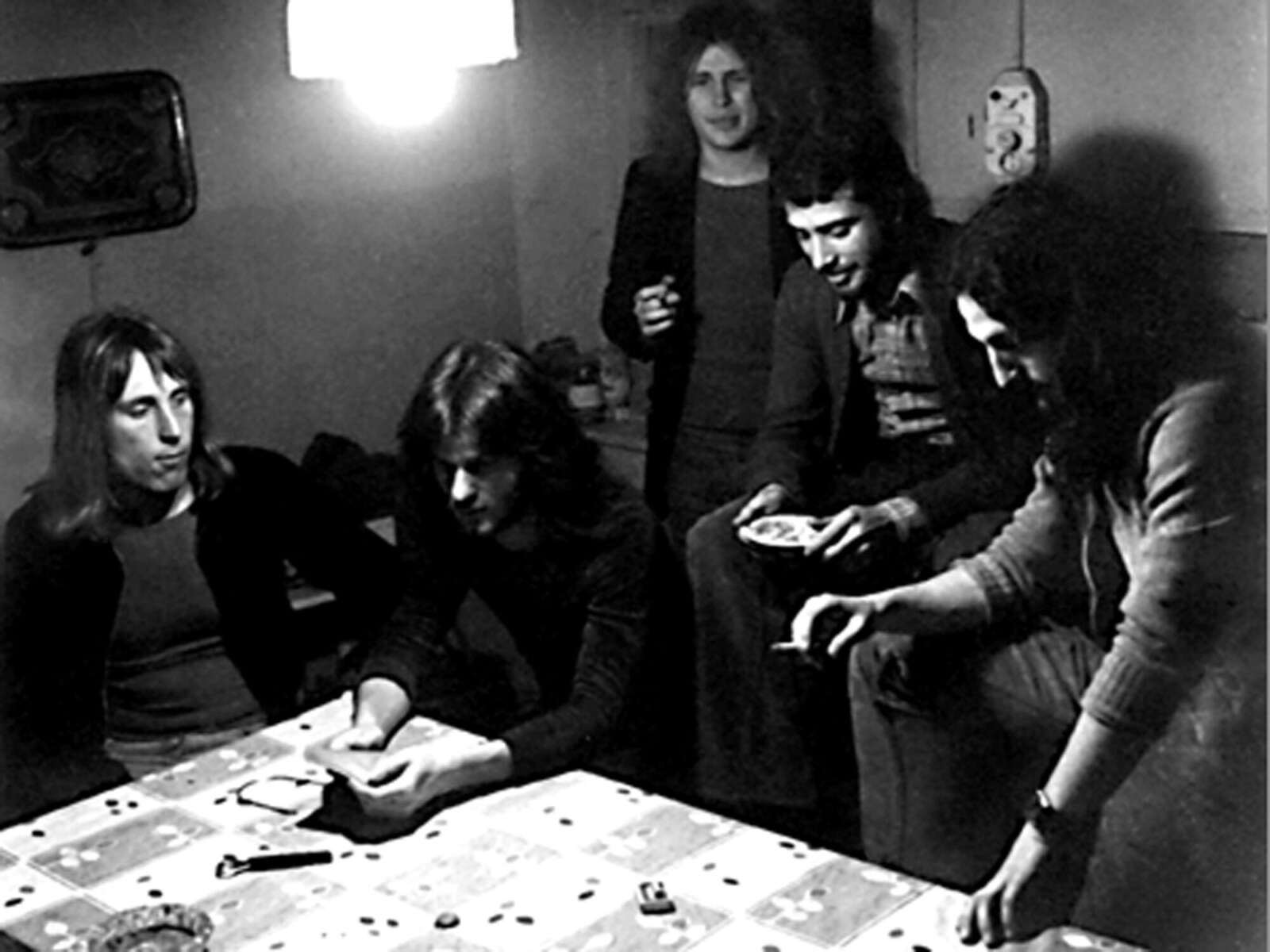
What happened after the band stopped? Were you still in touch with other members? Is any member still involved with the music?
I established my own professional recording studio in 1981. Here we often rehearsed and recorded new ideas until today. Some of the former band members are still good friends with me and from time to time, we are jamming on new material. In 2010 we had some gigs for the 40th band anniversary. On those occasions the live CD ‘Out of Space – Out of Time’ has been recorded. Since 2012 we are working with a couple of guest musicians on The Atlantropa Project, released on CD in 2017. But it could not be presented live on stage up to now, also because of the terrible worldwide Corona virus. Today we are working for the 50th band anniversary next year. There will be wonderful guest musicians joining us and we will play some concerts performing unpublished early songs of the seventies and the eighties, relevant material of the last 50 years and maybe even some new compositions. All the concerts will be recorded and published on CD and Vinyl.
Looking back, what was the highlight of your time in the band? Which songs are you most proud of? Where and when was your most memorable gig?
Highlights have been all the great festivals we played and the DAB Band Contest “Master Chance 74” in 1974. We were one of 158 Bands who took part from all over Germany and we won that contest. Especially the finale I kept in mind, because all bands had to play on the same PA system and it was really bad and all of them were much too loud and distorted. So we decided spontaneously to bring up our own equipment and started with the quietest song in our set list. The success was overwhelming, when we finished that song the large auditorium was totally quiet for minutes and then a storm of applause brake loose. It was unbelievable. Also the gigs with Kraftwerk or Can at the Frankfurt University Campus were very remarkable, because we had been on the same level of popularity at that time like those very famous bands.
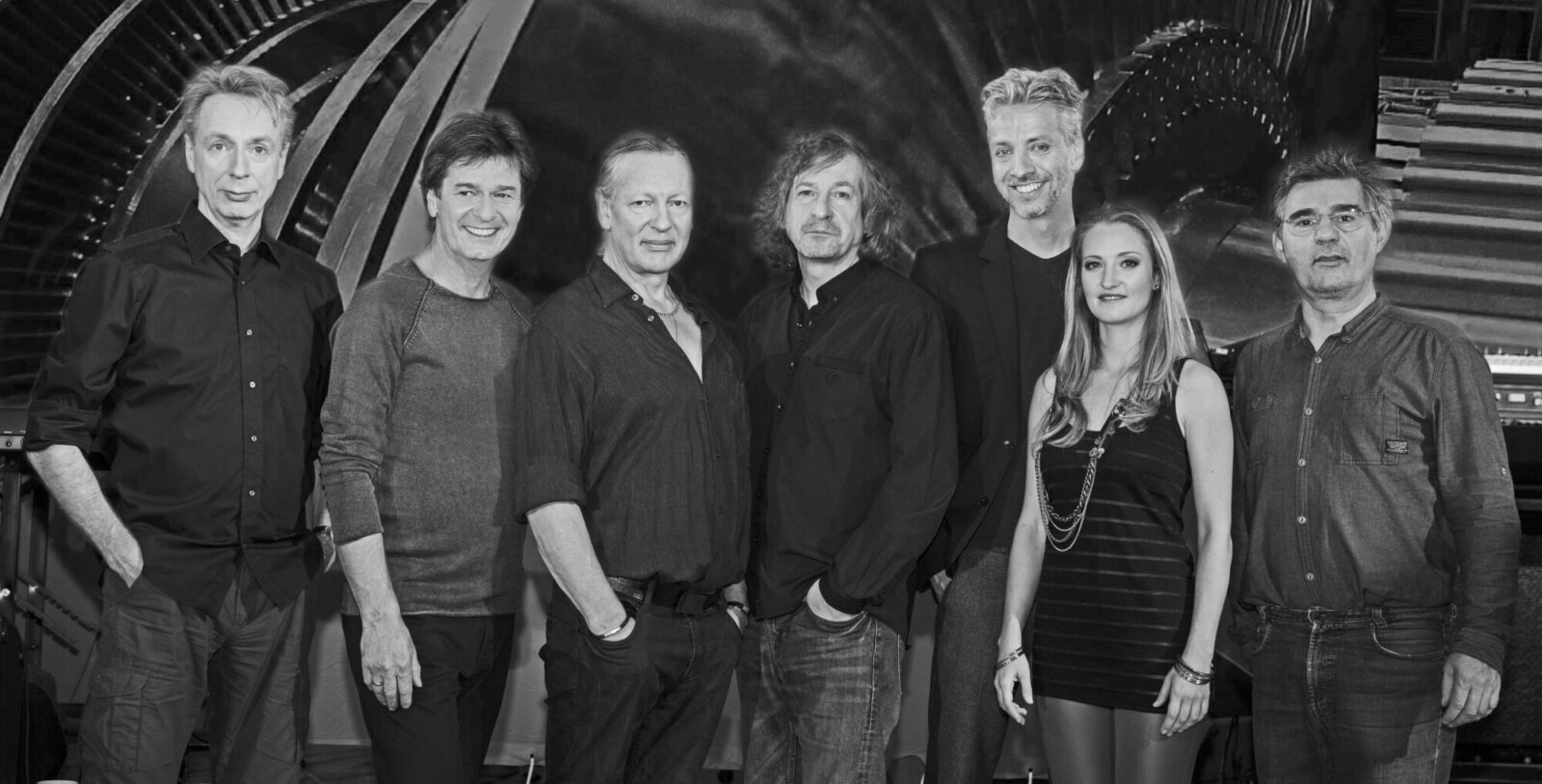
Is there any unreleased material?
Yes, we are checking unpublished material right now to produce an album in the style of the seventies but with the sound and the technical possibilities of today.
What currently occupies your life? One of your latest releases was Atlantropa Project…
Privately I enjoy my little family very much. Recently I became a very proud granddad who loves to sing with his sweet little granddaughter all the time. Professionally there is a “Big Idea” using a lot of guitars, and a video production and a book, and and and … I do not want to talk about that any more at the moment, it will be a nice surprise. And then I’m proudly looking forward to the 50th band anniversary events and celebrations.
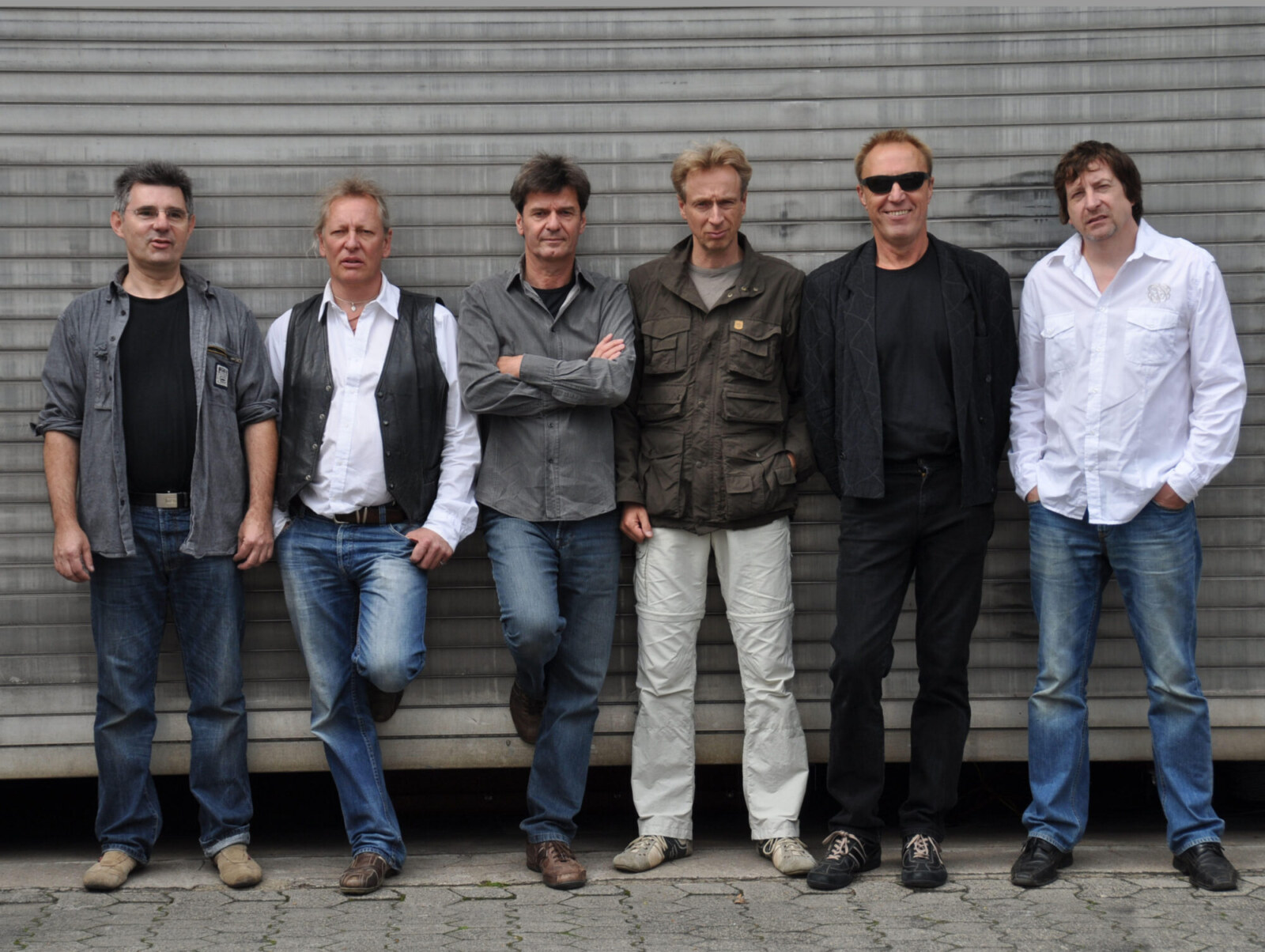
Thank you for taking your time. Last word is yours.
I wish all of our friends and colleagues the very best as fast as possible. The situation right now is desperate for all of us. Musical performances without audience is possible but not desirable. And I hope that traveling around the world will be possible again soon, so that we can enjoy the “wonders of the world” as we did it before Corona. Last but not least and that is most important, I wish that the political and economical situation in the world will change to better circumstances and freedom for all people worldwide, neither they are black, white or yellow, male or female and whatever nation or religion they belong or confess to. Thank you.
Klemen Breznikar
Waniyetula Official Website
Atlantropa Project Official Website

